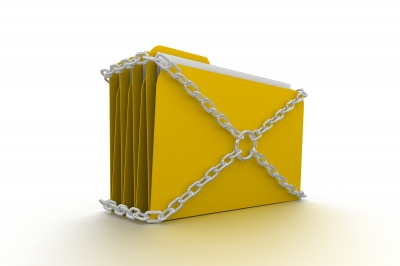SSL means Secure Socket Layer protocol. This is an encryption technology created by Netscape that protects transactions between browsers and servers. It uses a third party Certificate Authority to ensure your data’s safety.
Let me explain how it works in the most non-technical language possible. When your visitor’s browser hits your page, your server sends them a public key with this certification. The browser then sends the encrypted data and the server uses a private key to decrypt it. It then sends
back the same key and the browser decrypts.
It’s sort of like a special language that only they understand. All commonly used browsers can use SSL.
Why You Need SSL Certification
You need an SSL certificate because without one your users’ data isn’t safe. Whatever they send to you can easily be intercepted by hackers and others and used. If your users’ private data (especially financial data) is compromised because you don’t have SSL certification, this can be disastrous for your customer and you.
If you’re not certified, their browser will tell them. They’ll hit your site and get a warning that all transactions are unprotected. I guarantee that anybody who gets that message is going to click away and find somebody else to buy from.
Getting Certified
You can easily get certified. All you have to do is buy your SSL certification and install it on your site. It’ll then show a padlock icon usually in the URL bar whenever somebody checks out your site.
Most web hosting companies offer SSL certificates. They’re usually included in package deals that include domain names, hosting, bandwidth and other features. When you sign up with them, they’ll give you the code and instructions for installing it.
You can get SSL certificates from any certified seller. These also include security software companies like Symantec.
Levels of Assurance
Certificates come with different levels of assurance. Each certificate tells the website visitor who you are. Higher level certificates give them your company information. Lower level ones just give them your domain name.
You can probably imagine the effect it has when they see your company information and not just a domain name. These cost more, of course, but they’re well worth it for the trust they engender. Fraudsters can easily obtain domain name level certificates.
However, to be honest, most customers won’t know the difference. They’ll see that you’re certified and that’ll be all they need. It’s up to you whether you want a higher level of certification or not.
How do you know if you need SSL certificates? If you’re selling anything online or operating a site that gathers any kind of visitor information, you should have at least a low level certificate. This ensures that all data is safe.
Tony Phelps





